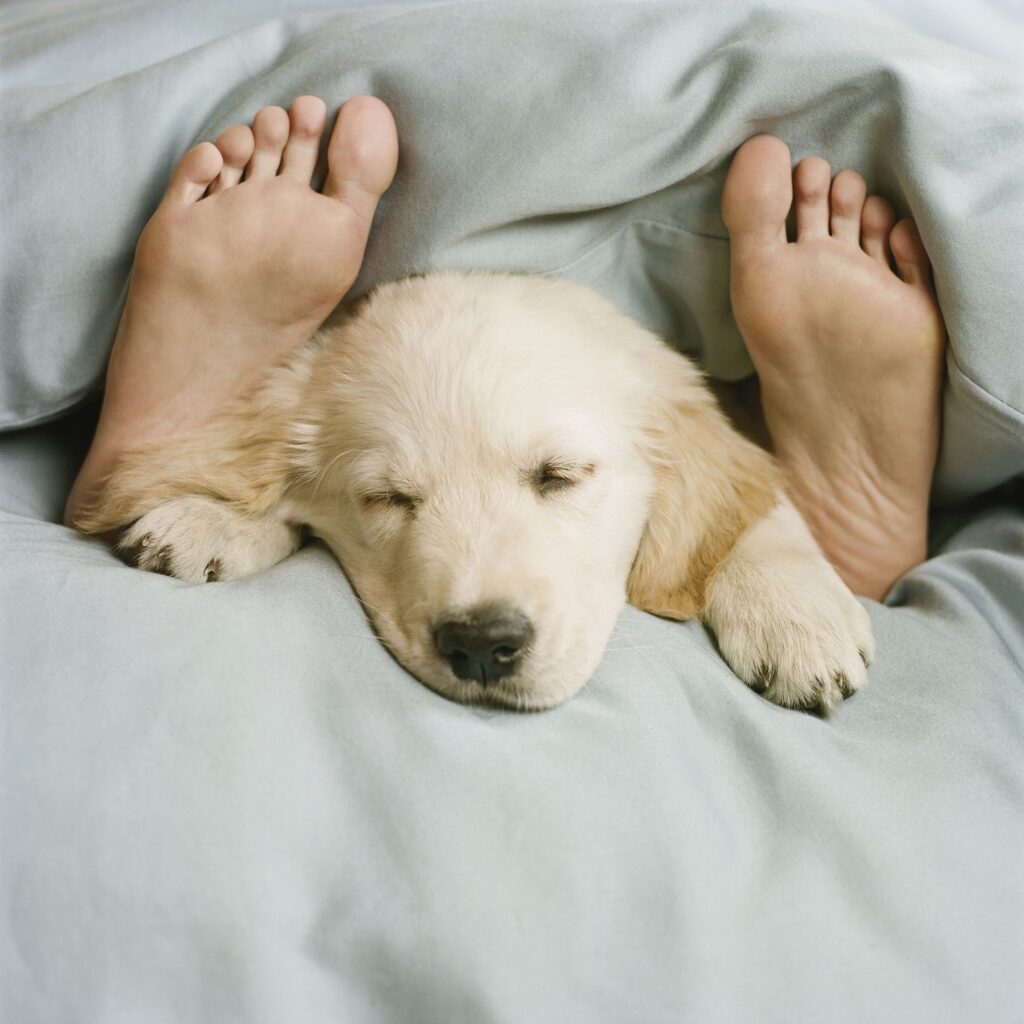April 29, 2025
When choosing to get a dog, there are a lot of questions you should ask yourself.
- Do you have time to care for a dog?
- Consider the age. A puppy, young adult or older dog?
- Purebred vs mixed breed?
- Are you willing to fence in your yard, take the dog out on a leash for potty breaks or spend the money for invisible fencing?
- What is your lifestyle? Sedentary or active.
- Account for children and other pets in the household.
Size does matter!
There are five sizes of dogs. What size dog will fit in your household best?

A teacup weighs up to 5 pounds.

Toy dogs weigh between 5-12 pounds.

Small dogs come in at 12-24 pounds.
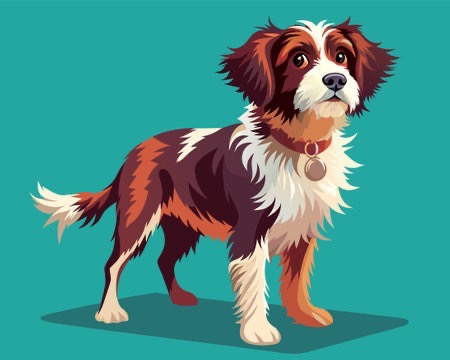
Medium dogs range between 24-59 pounds
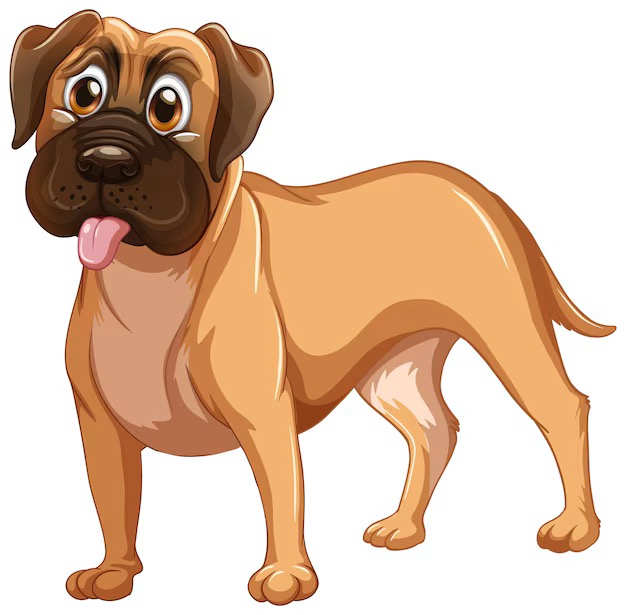
If you have the room and the space to let this size dog run, it might be for you. These guys come in at 59-99 pounds!
Schedule
Pets are all about routine. They like to eat, potty and sleep about the same time every day. Dogs are smart. At times you wonder if they can actually tell time. Whether it is time to eat, when you leave and come home from work dogs instinct of time kicks in. When the kids go and come home from school, your pup will be right there waiting! They like to get up the same time every morning. Dogs are ready for bed at the same time each night.
A routine also includes not leaving your pup for 10-12 hours a day. They seem to know that they are alone and sleep while alone, BUT, that is a long dog for any dog to go without water or a potty break. Can you stop home and take them out during the day? This is especially important if they are a puppy. Long periods alone can not only lead to accidents, but destructive behavior.
Costs

Pets are expensive. Dog food, treats, dog dishes, a collar, a leash, grooming supplies, dog toys and dog chews add up.

Regular check-ups are needed to update vaccinations. Worming and flea & tick medications need to be added to the shopping list.
If your dog gets sick or hurt, a trip to the vet or Emergency Pet Hospital will add up fast.
Activity level
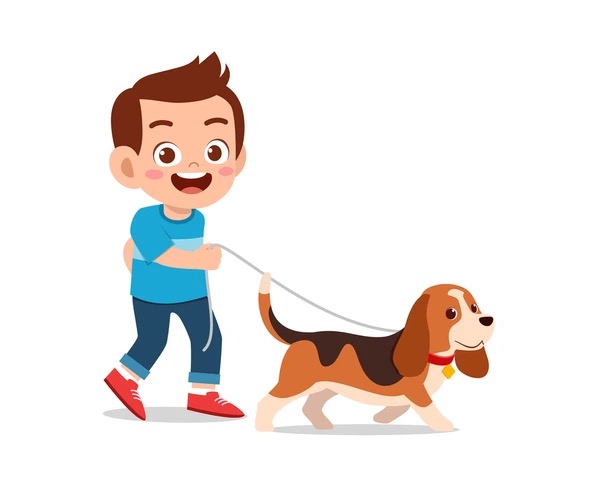
Finding a dog that fits your lifestyle is important. Some dogs are naturally more willing to lounge around. While others need exercise to burn off energy. A bored dog can be destructive and chew on furniture, shoes or get into the garbage.
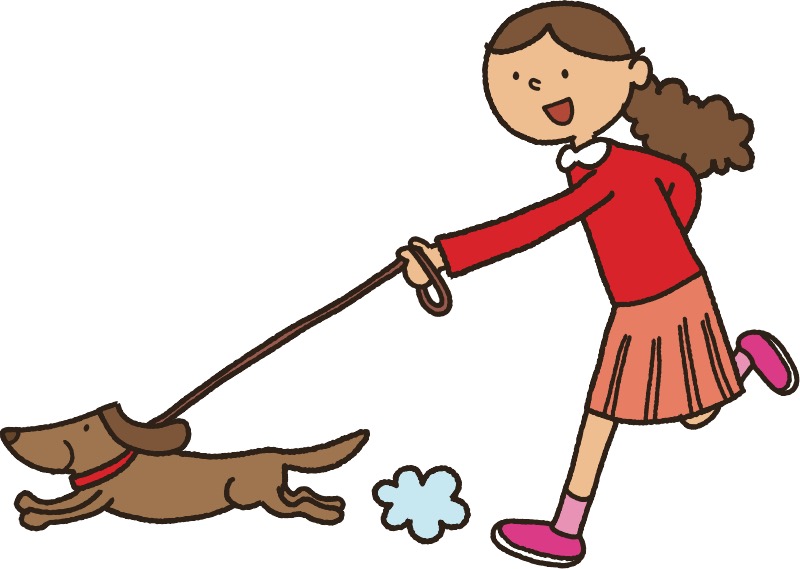
If you love to jog, a more active dog would be a great choice.
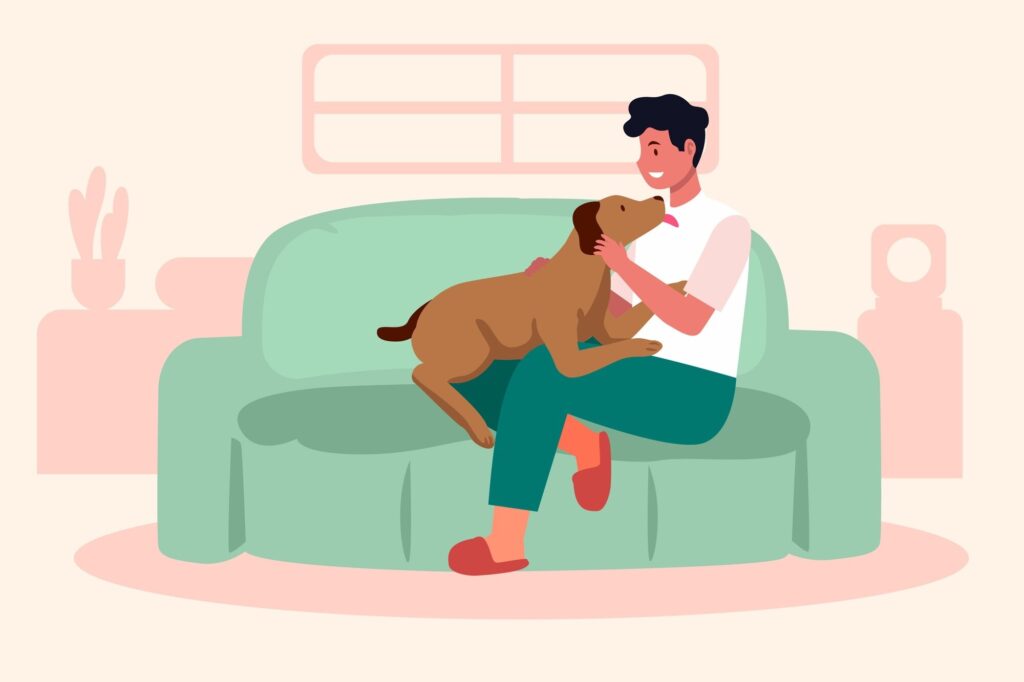
If you are not an active person for whatever the reason, a dog that is happy to lay on the couch with you is a better selection.
Breed
The breed of a dog is another decision that is important to look at. Every dog has a different temperament and physical characteristics. For example, a sheltie likes to herd. They will even herd you down the stairs! A dachshund hound has short legs and a long body. This makes going up stairs more difficult. They are also prone to back problems.
Age

A puppy is a lot of work and require a lot of attention. They need to be trained to go potty outside, not chew on your shoes and get used to getting a bath.
Young dogs tend to have that puppy behavior until they are about two years old. They need to be disciplined and redirected with plenty of exercise and appropriate things to chew on.
Older or senior dogs can be a great choice. You do need to be prepared for the good behaviors and the possible bad behaviors that they may have. They can be sharp with kids or other pets.
History of the dog
It is important to consider the characteristics of the breed of dog you are looking at. When looking to buy a new pet, look at their personality. Are they shy, friendly or aggressive? Is there any issues with abuse in their past? Are they afraid of storms or fireworks? If you know the dog’s history, you can know how to best make them feel safe and comfortable.
Visit shelters and breeders. This is a great way to learn more about different dog breeds, as well as, what is available.
Prepare your home
Dog proof your home before you bring them home. Providing a safe and comfortable space will make it a positive experience for you and your new dog.
Make sure plants that are toxic to dogs are out of their reach. If they chew on things, make sure there are no wires they can get to, such as lamps or charging cords. Small objects including food that can be toxic to dogs is sure to be eaten if it hits the floor.
Training and socialization
Exposing your dog to various people, dogs and environments will help them develop good social skills.
Basic obedience training is important for good behavior, habits and safety.
Do your research
The key to being a successful pet owner is doing your research. Be patient and consistent with your new dog, that way they know what to expect. Nothing is more rewarding and enjoyable than a dog who is happy and loves you unconditionally.
Kelly
